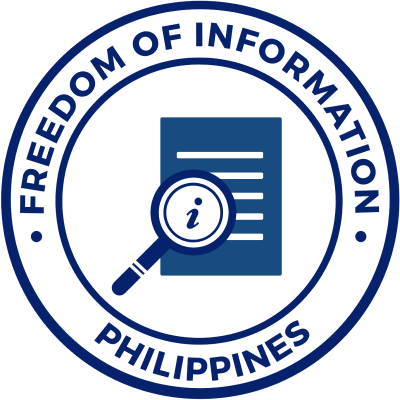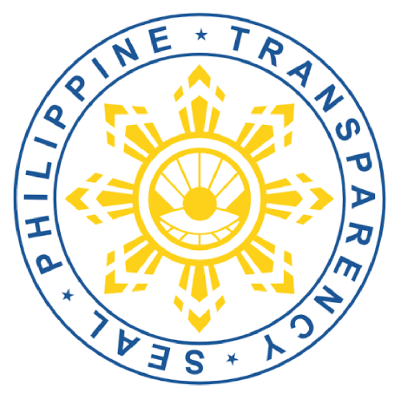Para sa mga ISP
Pursuant to DICT Department Circular No. 015 s. 2020, all Internet Service Providers (ISPs) who were tapped for the nationwide implementation of the Free Internet Access in Public Places (FIAP) program or R.A. 10929 have a major role and responsibility to play to ensure the safety and security of our children on the internet.
To make sure you are compliant with DC No. 015 s. 2020 as an ISP contractor for FIAP, you may use the information and resources provided on this page.
Para sa mga ISP
Pursuant to DICT Department Circular No. 015 s. 2020, all Internet Service Providers (ISPs) who were tapped for the nationwide implementation of the Free Internet Access in Public Places (FIAP) program or R.A. 10929 have a major role and responsibility to play to ensure the safety and security of our children on the internet.
To make sure you are compliant with DC No. 015 s. 2020 as an ISP contractor for FIAP, you may use the information and resources provided on this page.
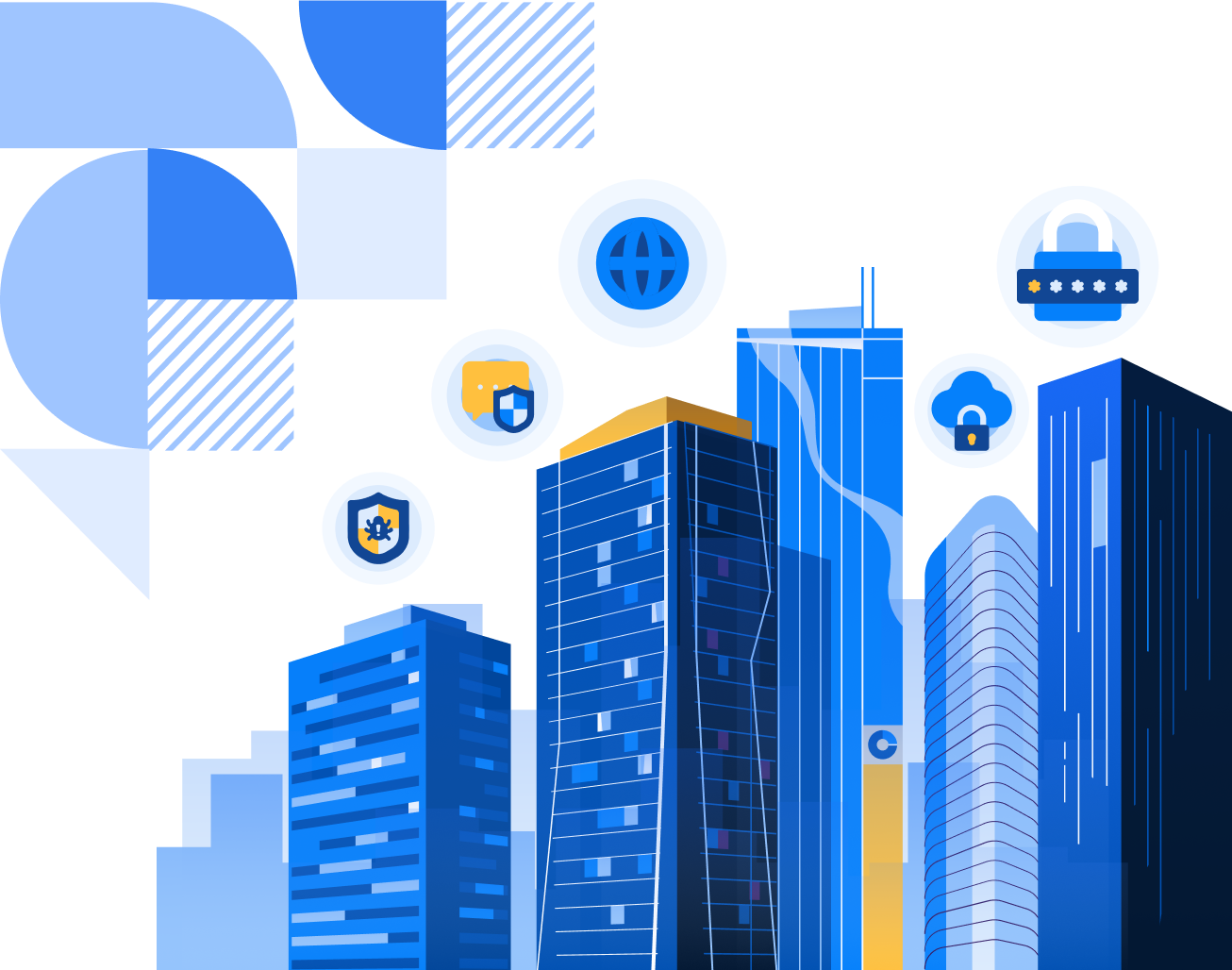

Mga ISP at Child Online Safeguarding – Ano ang iyong tungkulin?
Sa Pilipinas, ang ating internet ay may kakulangan ng mga hakbang sa seguridad upang maprotektahan ang mga mamamayan nito sa loob ng ilang sandali. Sa kasamaang palad, sa lahat ng mga mamamayan, ang mga bata ang pinaka-mahina.
Ayon sa ulat ng Philippine Kids Online Survey, 25.1% ng mga batang Pilipino ang nag-ulat na nakakakita ng hindi naaangkop na mga larawan o video onlineGayundin, batay sa isang pag-aaral ng UNICEF, 8 sa 10 ng mga bata ay mas malamang na nasa panganib na ma-bully o sekswal na inabuso online.
Despite that there have been countless of steps made to address this problem, one of which is the Free Internet for All Program by the DICT. This program aims to connect several locations in the Philippines to a trusted WIFi source that can protect citizens from online dangers. Several major Philippine ISPs have also pledged their support for this program and the DICT Department Circular No. 015 s. 2020 or the Child Online Safeguarding Policy (COSP).
Ngunit, bukod sa pagbibigay ng libreng internet connection, ano pa ang magagawa ng mga ISP para protektahan ang mga kabataan?
Bilang isang ISP, ang iyong tungkulin ay kinabibilangan ng pagpapagaan ng mga panganib para sa mga bata at pagprotekta sa kanila mula sa pakikipag-ugnayan, pag-uugali, nilalaman, at kontrata. (Tingnan ang balangkas dito.).)
To help you do this, the DICT Department Circular No. 015 s. 2020 or COSP has already laid out protection standards and implementation measures, especially those relevant to keeping harmful content, conduct, and contact away from children.
Bilang mga ISP, ang iyong tungkulin ay itigil ang panganib bago ito mangyari, at bago ito makarating sa mga bata.

Mga responsibilidad ng mga ISP
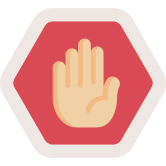
LIMITAHAN!
Limitahan ang pag-access sa lahat ng mga website na hindi naaangkop sa bata at markahan ang mapaminsalang nilalaman sa programang Libreng Internet para sa Lahat.
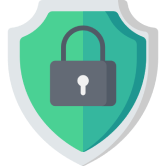
PROTEKTAHAN
Gumamit ng mga mekanismo at kasangkapan sa pangangalaga ng bata sa Libreng Internet. Nagbibigay kami ng toolkit para sa iyo sa ibaba. Gamitin ang captive portal na ibinigay ng DICT.

MAKIPAGTULUNGAN
Makipagtulungan sa DICT, NGO, at iba pang mga ISP para pangalagaan ang mga bata
Toolkit para sa mga ISP
To further help your ISP in complying to the DICT Department Circular No. 015 s. 2020, a toolkit or guidebook has been created and curated to further simplify the salient points and compliance measures that ISPs need to take to adhere to the policy.
The Toolkit for ISPs is based on the Guidelines for Industry and Child Online Protection by UNICEF (2015 edition).
Makakatulong ang toolkit na ito sa mga ISP:

Magbigay ng impormasyon sa mga ISP na may kaugnayan sa epektibong pagpapatupad ng COSP.

Magbigay sa mga ISP ng mga materyales sa IEC upang isulong at ipaalam sa publiko ang tungkol sa COSP.

Gawin o muling likhain ang COSP captive portal na may nilalamang inaprubahan ng DICT.
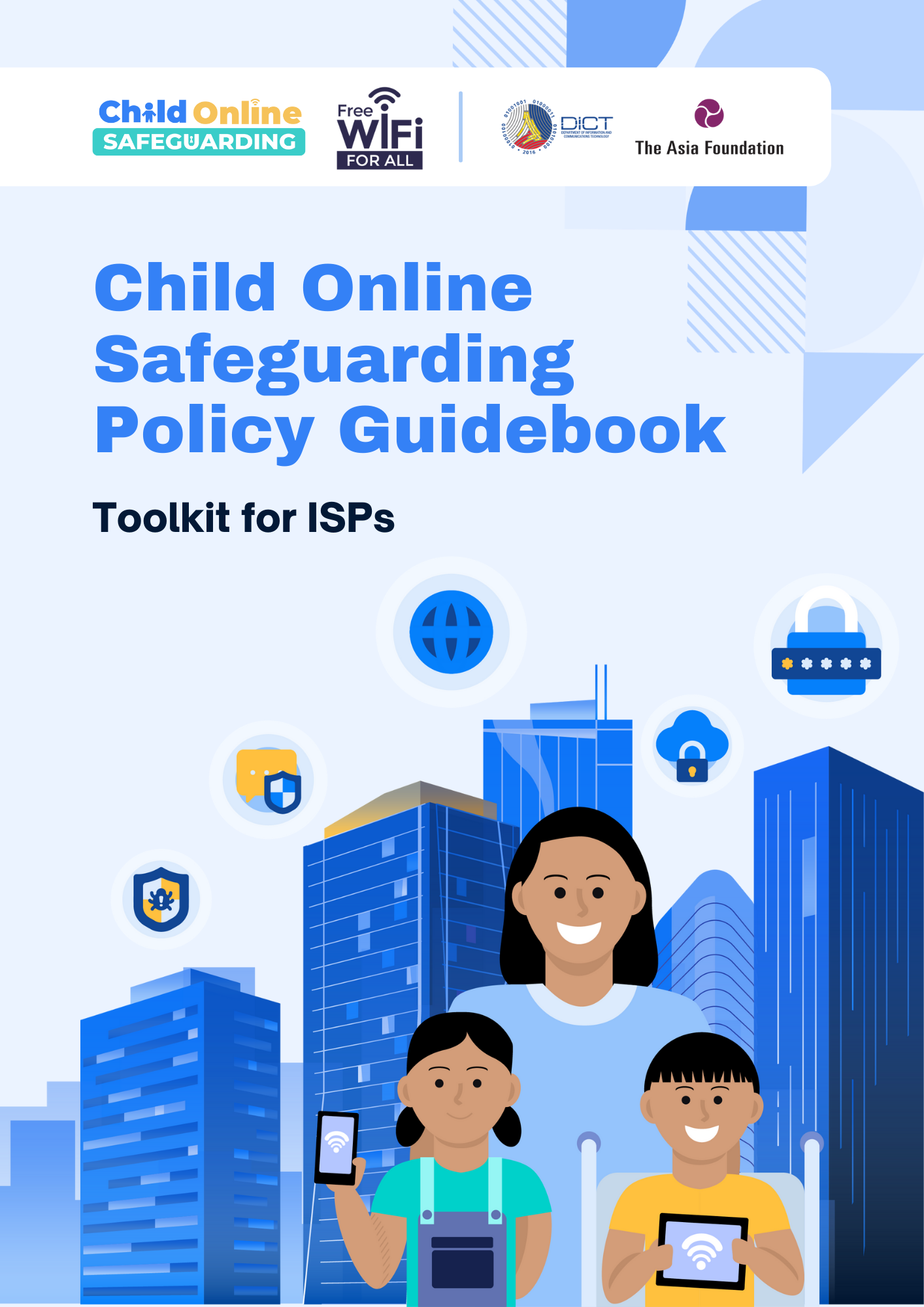
Compliance Materials and Resources
Here are further resources and materials that your ISP can utilize to comply with DICT Department Circular No. 015 s. 2020
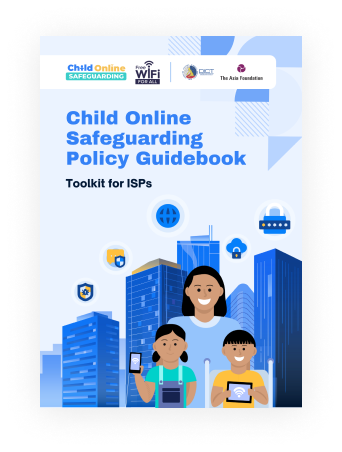
ISP Toolkit & Guidebook
The guidebook contains information about how to best follow the provisions laid out by the policy as well as tips to effectively put it into action.
Click here to see full document

Signages
Pursuant to Chapter 2, Section 9 (Signages) of the DICT Department Circular No. 015 s. 2020, FIAPP shall provide signage that states behavioral protocols and reminders on safe online behavior and responsible digital citizenship.
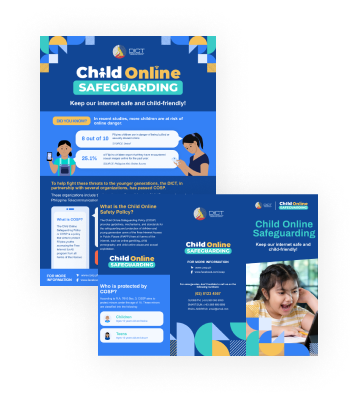
Child Online Safeguarding Awareness Building Materials
In compliance to the awareness building and promotional activities as stated in the DICT Department Circular No. 015 s. 2020, here are ready-made information, education, and communication (IEC) that your ISP can reproduce and disseminate.
Click here to see resources
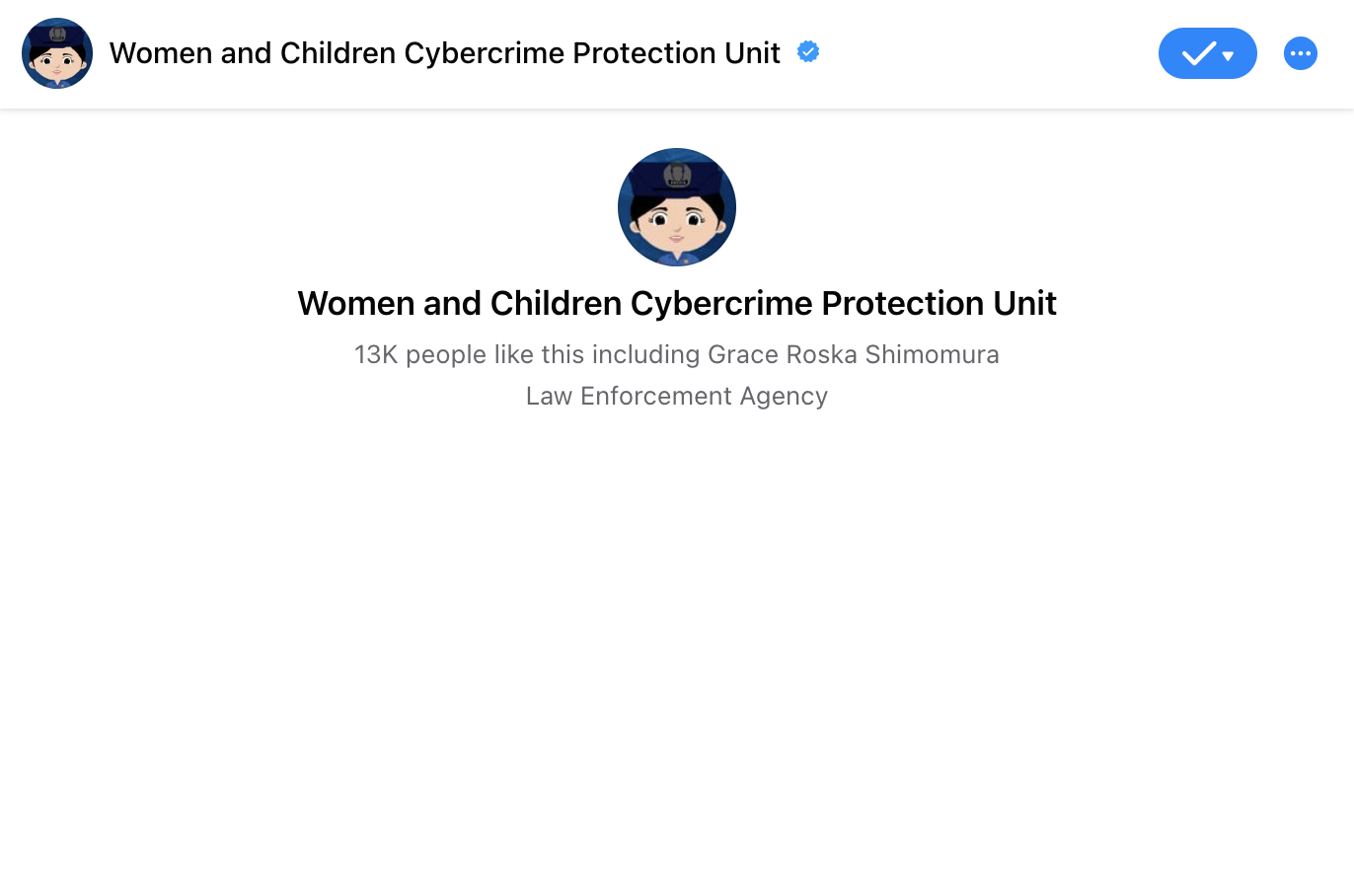
Child Friendly Reporting Mechanism
Referring to Chapter 2, Section 12 of the DICT Department Circular No. 015 s. 2020, DICT shall coordinate with all concerned agencies for the development of effective and child-friendly online reporting procedures, systems, and mechanism.
Report abusive online behavior to the Philippine National Police (PNP) Women and Children Cybercrime Protection Unit by clicking here

Captive Portal
According to Chapter 4, Section 17 of the DICT Department Circular No. 015 s. 2020, the captive portal for FIAPP should require all users to undergo proper age verification and consent from parent or guardian. The captives portal should also display information on acceptable and unacceptable use of the free wifi.
Click here to access captive portal template
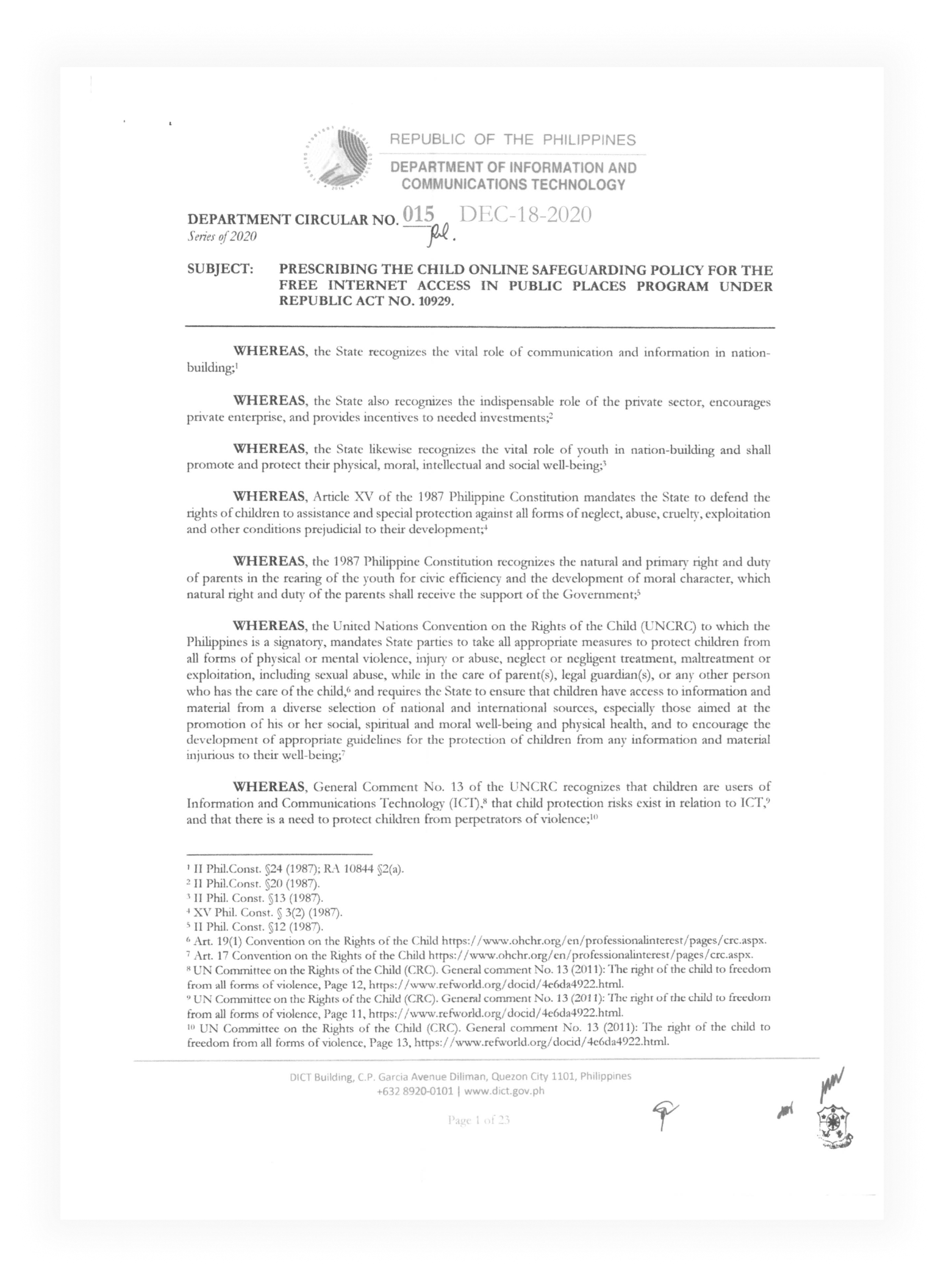
DICT Department Circular No. 15 s. 2020
Find out the full list of responsibilities and standards ISPs must do to keep Filipino kids and teens safe online.
Click here to see full department circular passed by DICT

